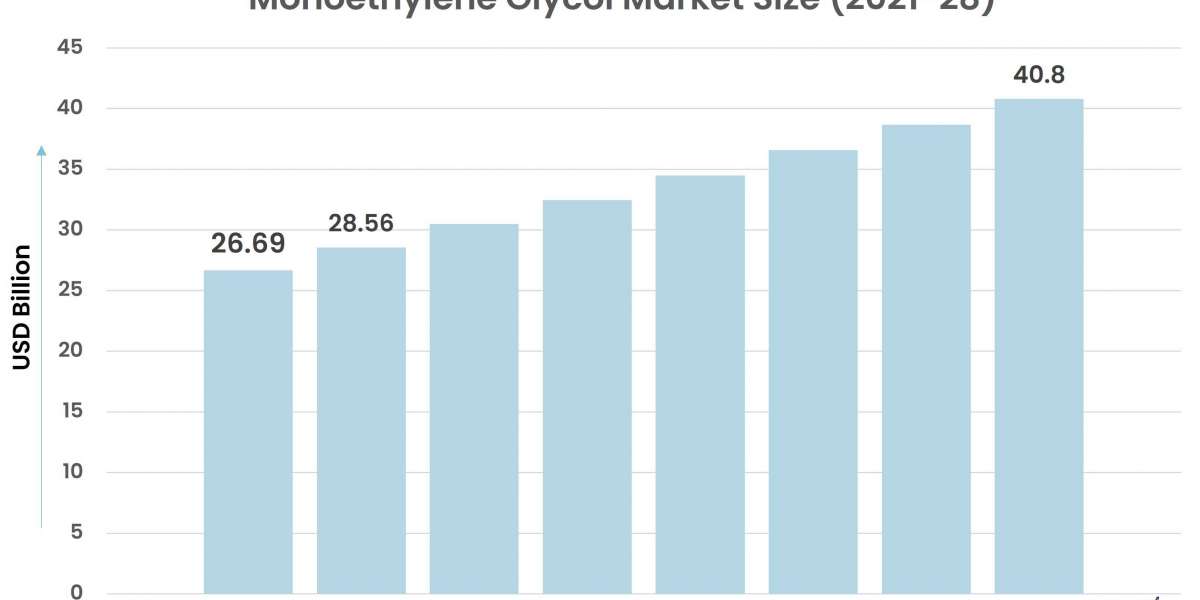In recent years, fasting has gained popularity as a means to improve physical health, but its potential benefits for mental clarity and brain health are equally compelling. While fasting is often associated with weight loss and metabolic health, emerging research suggests that it can also play a significant role in enhancing cognitive function, focus, and overall mental well-being. In this article, we'll explore the connection between fasting and brain health, examine different fasting durations, and determine the ideal fasting duration for enhancing mental clarity.
Understanding the Science Behind Fasting and Brain Health
Fasting involves periods of not eating or significantly reducing calorie intake. It can take several forms, including intermittent fasting (IF), time-restricted eating, and prolonged fasting. The underlying science of fasting relates to how it influences cellular processes and brain function.
During fasting, the body undergoes a process called autophagy, where cells remove damaged components and regenerate new ones. This cellular repair mechanism is crucial for maintaining healthy brain cells and preventing neurodegenerative diseases.
Fasting often leads to ketosis, a metabolic state where the body burns fat for energy instead of glucose. Ketones, the byproducts of fat metabolism, serve as an efficient fuel source for the brain, potentially enhancing cognitive function and mental clarity.
Fasting has been shown to promote neuroplasticity, the brain's ability to adapt and reorganize itself. This can improve learning, memory, and overall cognitive performance.
Different Types of Fasting and Their Effects
Various fasting methods can impacts of brain health in different ways. Understanding these methods can help determine the optimal fasting duration for enhancing mental clarity.
This approach involves alternating periods of eating and fasting. Common patterns include the 16/8 method (16 hours fasting, 8 hours eating) and the 5:2 method (eating normally for 5 days, fasting or consuming very few calories for 2 days). IF is known to improve metabolic health and cognitive function, with many people reporting increased mental clarity during fasting periods.
This form of fasting restricts food intake to specific hours of the day. For instance, a person might eat only between 10 a.m. and 6 p.m., fasting for the remaining 16 hours. Time-restricted eating aligns with the body's circadian rhythms and may enhance cognitive function and focus during fasting periods.
This involves fasting for 24 hours or more. Prolonged fasting can lead to deeper states of ketosis and autophagy, which may offer significant cognitive benefits. However, it's essential to approach prolonged fasting with caution and proper guidance to avoid potential health risks.
The Ideal Fasting Duration for Mental Clarity
Determining the ideal fasting duration for mental clarity involves considering individual factors such as lifestyle, health status, and personal preferences. Here's a breakdown of recommended fasting durations and their potential benefits for cognitive function:
Fasting for 12-16 hours, such as in the 16/8 intermittent fasting method, is often recommended for beginners. This duration allows the body to enter a mild state of ketosis and experience initial benefits in mental clarity and focus. Many individuals find this duration manageable and sustainable, making it an excellent starting point for those new to fasting.
Fasting for 24-36 hours can lead to more profound effects on brain health, including increased ketosis and enhanced autophagy. This duration may provide a more noticeable boost in mental clarity and cognitive performance. However, it requires careful planning and consideration of potential side effects, such as fatigue or irritability.
Extended fasting beyond 48 hours can lead to significant changes in brain function, including heightened ketone production and deep autophagy. While some individuals report enhanced mental clarity and cognitive benefits, extended fasting should be approached with caution and ideally under medical supervision. Prolonged fasting may not be suitable for everyone and can carry risks, particularly for individuals with certain health conditions.
Tips for Safe and Effective Fasting
To maximize the benefits of fasting for mental clarity while ensuring safety, consider the following tips:
Drink plenty of water during fasting periods to stay hydrated and support overall health. Herbal teas and electrolyte-rich beverages can also be beneficial.
Pay attention to how your body responds to fasting. If you experience excessive fatigue, dizziness, or other adverse effects, consider adjusting your fasting duration or seeking medical advice.
When not fasting, focus on a balanced diet rich in nutrients that support brain health, such as fruits, vegetables, lean proteins, and healthy fats.
Before starting any fasting regimen, especially if considering extended fasting, consult with a healthcare professional to ensure it's appropriate for your individual health needs and goals.
Conclusion
Fasting can be a powerful tool for enhancing mental clarity and brain health, but the ideal fasting duration varies depending on individual needs and goals. Short-term fasting methods like intermittent fasting and time-restricted eating offer manageable ways to boost cognitive function and focus. For those seeking more profound effects, moderate-term and extended fasting may provide additional benefits, though they require careful consideration and monitoring.
Ultimately, finding the right fasting duration for mental clarity involves balancing personal preferences, lifestyle factors, and health considerations. By approaching fasting thoughtfully and prioritizing overall well-being, individuals can harness its potential to enhance cognitive function and support long-term brain health.







